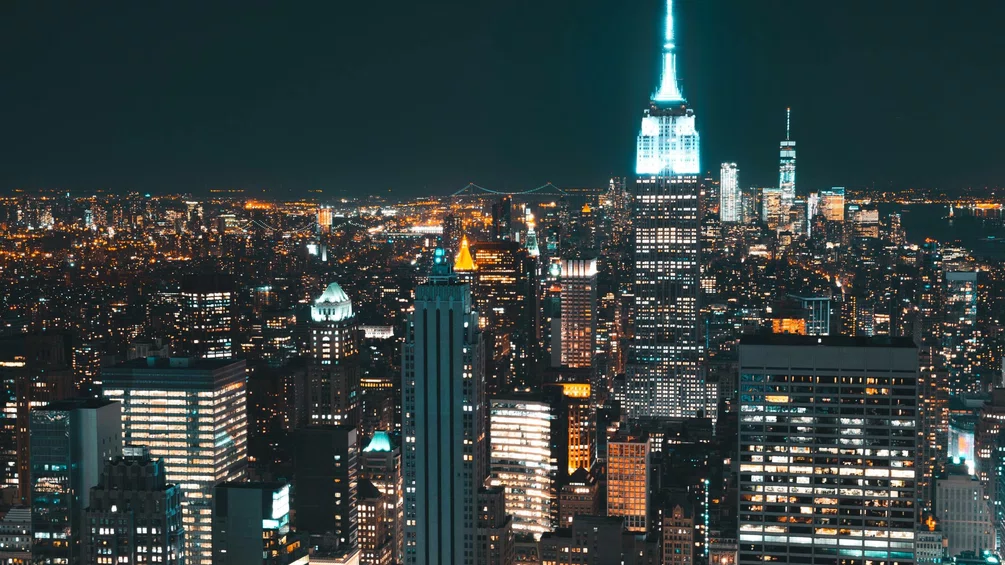
New York City reforms zoning laws, overturning dancing and club opening restrictions
New York City is set to reform its zoning laws, overturning antiquated dancing and club licensing restrictions.
Dubbed ‘City of Yes for Economic Opportunity’, the bill was approved on 6th June and marks the second stage of Mayor Eric Adams’ plans to overhaul regulations governing businesses in the city.
Among other things, the new legislation removes rules that ban dancing and live entertainment from certain spaces unless a specific license is in place. This means any commercially-zoned business offering food and drink can now have a dancefloor, providing the scale of the party is in line with the size of the space.
“When we came into office two years ago, we committed to turning New York City into a ‘City of Yes,’” said Mayor Adams in a press release. “With today’s passage of ‘City of Yes for Economic Opportunity,’ we have taken another historic step to bring our city’s zoning code into the 21st century and build a more inclusive and prosperous economy.”
These laws date back the 1960s, when zoning codes were introduced to identify specific enterprises as suitable for dancing. However, the roots can be traced back even further, to the 1926 Cabaret Law, which banned dancing at any address unless it had direct approval from the council.
A revision in the 1990s under the crime and punishment-driven administration of Mayor Rudolf Giuliani doubled down on this, preventing nightclubs from operating in residential areas. This led to the development of nightlife ‘districts’ in former industrial and manufacturing neighbourhoods.
Laws were again updated in 2017, when the New York created an Office for Nightlife [ONL] to advocate for clubs, bars and other nighttime economy stakeholders. However, legislation remained patchy, making it difficult for the change to have any tangible effect on the ground.
“In our 24/7 city — the birthplace of hip-hop, salsa and disco — the freedom to dance is essential,” said Jeffrey Garcia, ONL’s recently appointed executive director, in a statement. “These changes overturn outdated rules from the 1960s and fulfil a key priority from ONL’s 2021 recommendations to finally repeal the last vestiges of the discriminatory Cabaret Laws.”
You can find a full breakdown of the new laws at NYCPlanning.gov.
Last year, a new book was published on the evolution of house music in New York. ‘The Beat, The Scene, The Sound‘ was written by DJ Disciple and journalist Henry Kronk, and follows the “rise, fall and rebirth” of the genre in the city and on its dancefloors.





